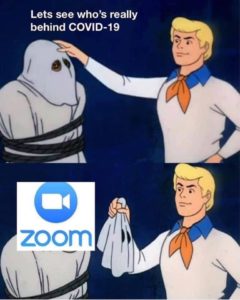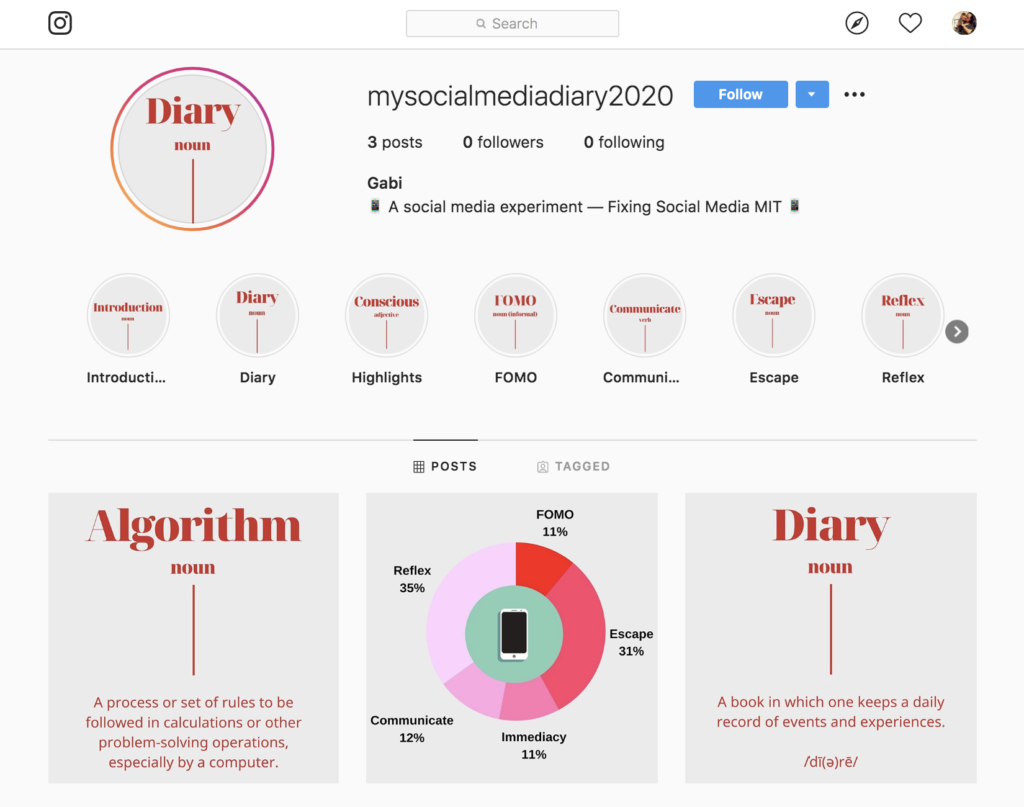
And suddenly, everybody got my life. Everything is going online thanks to the COVID-19 pandemia. Okay, I may be exaggerating a little bit, but in a way it seems like it. I’ve left my home country for good more than ten years ago, leaving my family and lifelong friends behind a screen. I’ve been working completely remote for almost a decade too, with a virtual team in different timezones.
Online weddings? Ours was not online, but I did have my sister and best friend perching over two iPads via Skype from Buenos Aires to Budapest. How to engage your team remotely? Somehow, in an anticipatory movement, I was asking around several Harvard and MIT professors last semester for their best tips and best practices. Little did I know that just a few months later, those same professors were going to be forced to go online too.
While living in Budapest, I was so used to interacting online, to work online, to be online, that I thought it was not a problem for me. Just imagine the amount of laundry you can get done when working from your living room! But then, when my husband got a fellowship and we moved to Cambridge with our two small kids (2 and 5 years old), I realized how wrong I was. How much I was actually craving the real life interaction. I did not have colleagues, but I had a big group of fellows who I was meeting on a daily basis. I had real classes with real people and real teachers. I could have a coffee with someone and smell the freshly ground beans. Okay, again, I may be exaggerating, but it still did feel like it.
So, suddenly, a few weeks ago, coronavirus came to this part of the world, and our lives turned upside down. We first had to decide what to do, if jumping on a plane or staying put. We suddenly had two small kids at home 24/7 who demand all our attention, all the time. We have work to do, we have to buy food, we have classes, we have fears. We question if we have enough toilet paper. We question why we question this. We have fundraising conference calls during which our toddler decides to unplug the WiFi. We have a need for a social media detox, while at the same time we’re frantically scrolling down on Facebook and Instagram, while checking the latest coronavirus stats and memes. And suddenly, now even my two-year-old has morning circle time via Zoom.

In the middle of this, we have an assignment. The task: write a case study of a healthy online community. And, in this context of brain overload, my perfectionist-rule-follow self finds herself at a crossroad. There is no time between the increased workload, kids, worries, and fears. There is not much brain bandwidth truly. But in an attempt to keep up (remember, not passive auditing of this class), I decide to sit on my ass and write my case study. Or a humble attempt/draft of it.
Case Study: A hyperlocal Facebook Groups of Moms
In the middle of this crisis, I’ve realized that online communities have helped me a lot to navigate the new challenges. And, among those, especially the ones of moms. There are several groups that I could have picked: several Facebook groups, WhatsApp groups, or even small communities that gather around some Instagram accounts.
For the purpose of this exercise I decided to pick up one: a hyperlocal Facebook Group of Moms. This group is not just hyperlocal in terms of location (my current city right now), but also in terms of age group: moms with kids born the same year as my smaller kid. The one that is making our quarantine even more difficult (sorry kiddo, hope you won’t read this in the future, and that this lockdown won’t add extra therapy hours in your adulthood).
I’ve been a member of this group since last year, I joined it a little bit before moving to the US, and it has helped me tons to adjust to this new environment. Even though I’m mostly a lurker in that group, I’ve been trying to contribute here and there to do my part. For privacy reasons, I won’t be naming the group, or adding any screenshot. But, I’ll try to list different reasons on why I believe this is a healthy online community, without any breach of privacy.
+Moderation: You need to be approved to enter the group, and answer a few key questions. This seems to be working really well.
+Hyperlocal: You can find very concrete support in these groups, which makes it even more important in these COVID-19 times. Posts to support local businesses have been on the rise these days. Messages about kids bear hunts, or indoor activities.
+Real: there are so many “mommy” groups out here. I find this one very special because it’s real. Moms can post about Montessori-like activities or the latest #quinoakalebeetroot snack, but they can also commiserate and talk about how f…. hard working with small kids at home can be (or, before pandemia, husbands latest fuckups). Not just, or almost none, Pinterest mommy style.
+Combat misinfo/disinfo: in times in which misinformation is on the rise (something that not even journalists are immune to), this group still seems like a safe place. And, in between posts on where to get diapers for a specific size in the middle of a lockdown, you can also see moms sharing peer reviewed articles about particular issues around the virus.
+Sharing specific experiences not only around the virus, but related issues such as work rights or compensations. Or what to do when your daycare closes regarding payments and expectations.
+Solidarity: before COVID-19 times, I saw many examples of moms posting for helping others, or raising money for global causes such as immigration rights.
+Sharing of virtual circle times, yoga, meditation, and activities for kids.
+Sharing of memes. Personally, one of the best ways to go through these crazy times for me has been humor.
Basically, this group seems to replicate a lot of healthy offline communities, with values that I find are important, such as solidarity, no judgment, help, and support. I’m grateful that in these difficult times I can rely on several of these online communities. And even though I miss the offline interactions so much, I feel that at least we have each other behind a screen.

